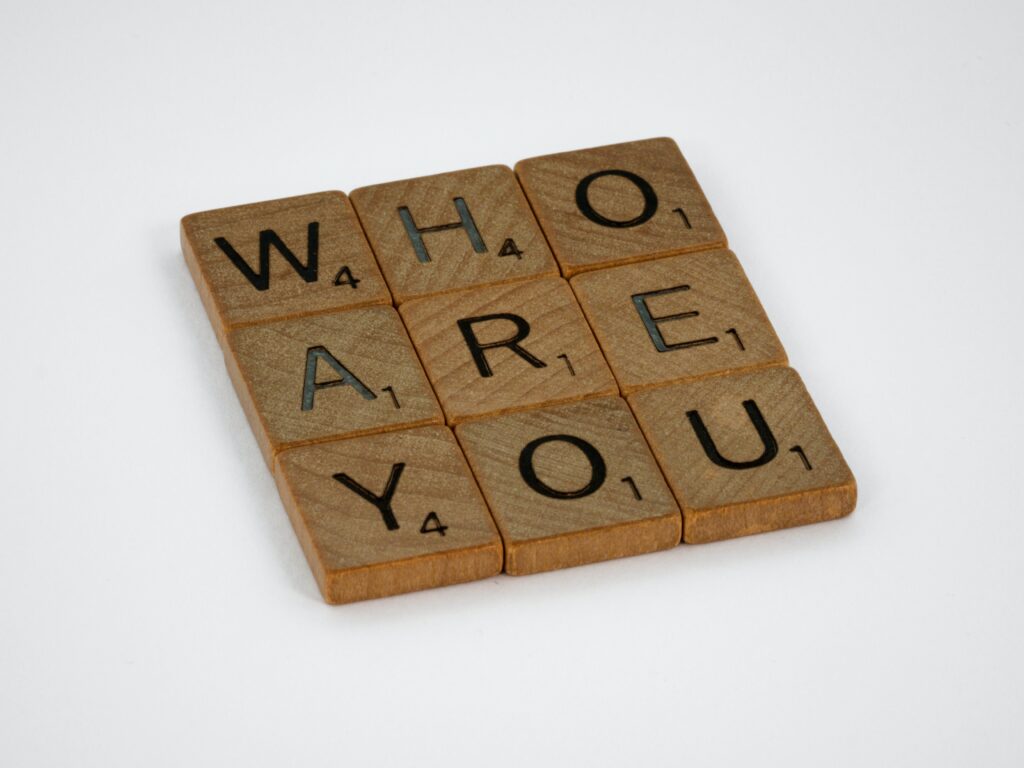I recently listened to an Emotional Healthy Leader Podcast episode by Pete Scazzero (The September 6 episode, Silencing the Seductive Voice of Your False Self) that greatly impacted me. In the episode, Pete said, “one of the most destructive temptations leaders face is living and leading from the veneer of the false self.” He then listed ten examples of how this can happen.
These examples made sense to me — and I think they’ll resonate with you too. In the upcoming weeks, I’ll talk about all ten. I am doing this because overcoming the false self is the best way to head into 2023. Leadership is about doing things with and through other people, so leading yourself past your false self is step one to leading effectively.
The False Self Series, Part 3: Defensiveness
Of the ten ideas in this series of shedding the false self, none is as applicable as this one during the holiday season. At its best, the holiday season is a time of reconnection. It is a time of families coming home and being together. There is joy!
In recent years, however, there have been numerous articles about all the things families can no longer discuss during the holidays. While this post is not intended to discuss all the reasons this may be so, it does cut to one potential explanation: People are easily offended these days, and they are defensive when others (particularly family members) critique them.
To be clear, I am not above the fray here. At my worse, I am offended by the slightest perceived wrong. And while it is easy to let a stranger’s critique of me not fully ruin my day, the critique of someone close to me can ruin my day and impact my night’s sleep. Worse yet, when I allow these things to upset me, I am tempted to act out of my false self, the one that justifies my views, behaviors, and actions as better than the person who offended or critiqued me.
Can you relate to what I just shared?
Moving Away From Our False Self
Notice the progression of what we have discussed so far in this series:
Part 1: The Struggle of Pointing Out My Flaws and Weaknesses To Others
Part 2: Looking for Approval from Others More Than I Should
Part 3: Being Highly Offendable and Defensive When Others Critique Me
If we are open to our own flaws and weaknesses, and if we are not looking for approval in others more than we should, then are we going to be as easily offended and defensive when others critique us?
Of course we won’t! By looking inside ourselves first, we are humbled. By finding healthy levels of approval in others, and affirmation only where affirmation can be found, we can be open to others’ feedback.
Control the Internal
Yes, feedback! After all, that is what we are talking about here. Notice I am not evaluating whether we should be offended. Nor am I evaluating whether the critique of us is fair or accurate. I am not because we cannot control the external.
But, we can control the internal. We can control our response. Instead of being offended, we can say to ourselves, “That’s an interesting perspective.” We can then evaluate what is accurate or not accurate about it. The point is that we keep the learning door open by not leading with defensiveness.
Reacting with self-control when others critique is not easy. But staying calm, listening, learning, and changing from criticism makes someone worth following. Imagine how different our political sphere would look if leaders were not easily offended and defensive when others critiqued them. More legislation would likely get done.
My invitation this week is to take a deep breath when something upsets you. It may be an annoyance, or it may be unjust. Either way, you can only control how you respond to it. By maintaining your composure, you can address the situation from your true self, not the false one whose existence relies on always being justified. You can seek the truth in the situation and move forward with new knowledge. In the process, you will become someone others want to follow because such character is rare nowadays.

